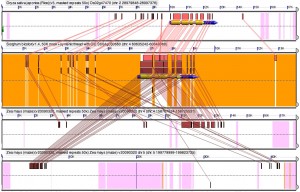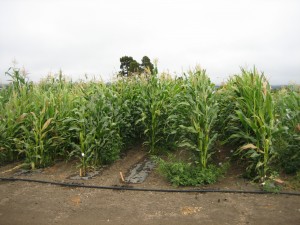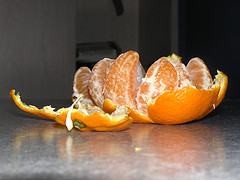This post was followed up by More on Why Science Isn’t a Perfect Fit with the Left or the Right
Bruce Sterling writes science fiction cyber-punk. Kim Stanley Robinson writes enormous science fiction trilogies. One on terraforming mars (Red Mars, Green Mars, and Blue Mars) that I read when I was younger and space mad. He’s also put out a more recent trilogy (40 Signs of Rain, 50 Degrees Below, and 60 Days and Counting) which I haven’t had a chance to read yet, but I’m told is quite good, and that at least the first book presents an accurate and depressing picture of the process for funding NSF grant proposals. Not something I want to think about I’m ~24 hours from submitting my own.
Kim Stanley Robinson recently did an interview for his new book Galileo’s Dream (you can find the whole text here). It’s a great read, although there’s plenty of stuff I disagree with.
One thing happening is that the Republican Party in the USA has decided to fight the idea of climate change (polls and studies show the shift over the first decade of this century, in terms of the leadership turning against it and the rank and file following), which is like the Catholic Church denying the Earth went around the sun in Galileo’s time; a big mistake they are going to crawl away from later and pretend never happened. And here the damage could be worse, because we need to act now.
What’s been set up and is playing out now is a huge world historical battle between science and capitalism. Science is insisting more emphatically every day that this is a real and present danger. Capitalism is saying it isn’t, because if it were true it would mean more government control of economies, more social justice (as a climate stabilization technique) and so on. These are the two big players in our civilization, so I say, be aware, watch the heavyweights go at it, and back science every chance you get. I speak to all fellow leftists around the world: science is now a leftism, and thank God; but capitalism is very, very strong. So it’s a dangerous moment. People who like their history dramatic and non-utopian should be pleased.
Reading the answer to this question made me feel a little weird about Mr. Robinson’s claiming of science for one side of the political debate (and also not a big fan science vs. capitalism, the climate change debate is more about the split between short and long term planning). Science isn’t a side in the political process, it’s a set of knowledge and tools that are openly available to all and political movements are free to either accept them, or, as sadly seems more common, toss them aside. Which is why Bruce Sterling’s response cracked me up: (more…)


